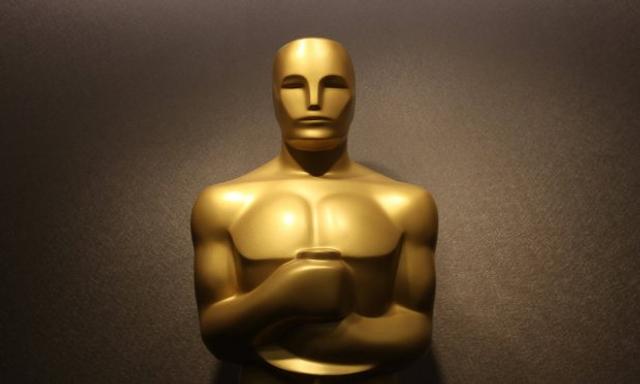Given the wave of backlash against AMPAS and their plans to include a category for Best Popular Film - as a desperate sop to the blockbuster tastes of audiences - there's no point in adding further fuel to the garbage fire of opinions against it.
Without even thinking too hard about it, there's at least five categories that could be added to the contention for the Oscars that would make it more relevant for modern audiences. Per a report by Variety, Disney-ABC - who are signed to broadcast the Oscars for the next ten years - pressured the Academy to become more relevant to audiences and appeal to a broader sensibility than what they're currently reaching. Irrelevancy is on the horizon, Disney-ABC preached, and a popular film category was the way to do it. They say there's nothing new in Hollywood and they're right - because the first Oscars in 1929 had two categories for Best Picture, one that was credited as 'Outstanding Picture' and the other was 'Best Unique and Artistic Picture'.
The 'Outstanding Picture' award went to 'Wings', a romantic war-epic about fighter pilots in World War I and was directed by an actual World War I combat pilot veteran. The 'Unique And Artistic Picture' award was won by F.W. Murnau's 'Sunrise: A Song Of Two Humans', which was the first German Expressionist film to be made in Hollywood and was a stylised romance that featured sparse dialogue - for a silent movie, anyway - and was praised for its innovative use of tracking shots and forced perspective. Both were technical and artistic achievements in their own right, but two completely different ways of approaching the medium.
Somewhere along the way, the Best Picture category shifted into different permutations. Some years, large-scale productions like 'Lawrence Of Arabia' or 'Lord Of The Rings: Return Of The King' will win over the Academy, other years, it's smaller affairs like 'Rocky' or 'No Country For Old Men' that will sway the taste. Some years have even seen blockbusters like 'Mad Max: Fury Road' or 'The Fugitive' in contention, though everyone understands that neither of these have a chance. Since the introduction of younger voters to the Academy, there was undoubtedly a hope that this injection would bring about a change in what made it through to the final shortlist on Oscar night - and it did. Twenty years ago, there wasn't a hope of a movie like 'Moonlight' getting within striking distance of the Oscars. The same goes for something like 'The Shape Of Water' or even 'Get Out'. Instead, you would still see movies like 'The Post' or 'Bridge Of Spies' being nominated wholesale.
You could argue all day as to the merits of the new category, but the fact is that it's here and we're still without any kind of recognition for a laundry list of people in the movie industry. Stunt coordinators have been famously left out of consideration for their talents. The work done in movies such as 'Ben-Hur' or even more recent entries like Christopher Nolan's 'Inception' are truly Oscar worthy. Motion-capture performance as its own category has been called for by both practioners, actors and producers as worthy of inclusion and you only need to look at last year's 'War For The Planet Of The Apes' to see the apex of what it is achievable so far. Even movies made with a restricted budgetary cap could be looked at, something akin to the Independent Spirit Award and with clearly defined parameters.
Simply put, the very nature of broadcast television has shifted and the idea of bringing on a new category that nobody wants and is essentially pandering isn't the way to do it. Look at any major television event in the past three years and the ratings have gone down because people either have too much to choose from, are accessing and interacting with the event in a different way, or are simply content to get the results after the fact.
The Oscars has largely gone unchanged in its 90-year history. This isn't the change it needs to stay relevant.








































































